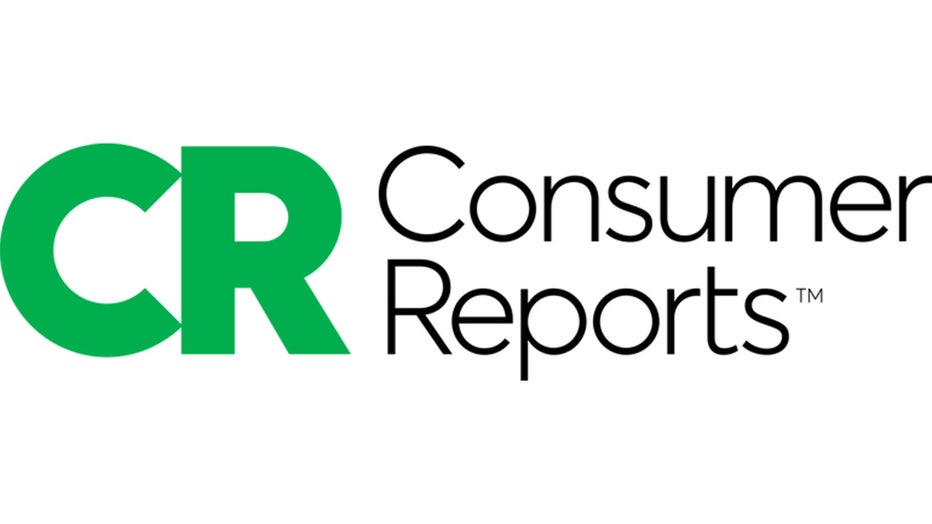Medical credit cards
Medical debt can be debilitating.
Nearly 100 million adults in the U.S. carry some form of it, according to a 2022 national survey by the Kaiser Family Foundation.
Enter medical credit cards and loans with promises to ease the burden of medical debt. But Consumer Reports says think twice before signing up.
If you’re having trouble paying your medical bills, it may be tempting to sign up for a medical credit card or medical loan offered by a healthcare provider.
But beware: There are severe drawbacks to them.
These options can have high interest rates and steep payment penalties, and they can do damage to your credit.
CareCredit is the largest medical credit card company out there and is a subsidiary of Synchrony Financial.

A spokesperson for Synchrony said, "CareCredit’s convenient and transparent financing options make health and wellness care more affordable and can be used to pay for a wide range of health and wellness items."
But according to the Consumer Financial Protection Bureau, the average medical credit card carries a whopping 27 percent interest rate, much higher than the typical 16 percent for a general-purpose credit card.

That’s a main reason the CFPB has said, "Our research indicates that in many cases, patients who use these products end up worse off."
Instead of signing up for a medical credit card or loan, ask your medical provider if it offers interest-free or low-interest payment plans.
If that doesn’t work, consider other options.
If you have good credit, you may want to consider a personal loan from your bank or credit union, where interest rates start around 10 percent.

Never provide your credit card when receiving care in an emergency room. If you’re insured, ask for the invoice to be sent to your insurance company.
If you’re uninsured, ask for it to be mailed to you so you can figure out how to pay it or negotiate in a calmer setting.
And if you’re confronted with a hospital bill you can’t afford, always ask if there’s a charitable program you can apply for. You can find out how to apply with your specific hospital at DollarFor.org.

If your insurance company refuses to cover a procedure that isn’t elective or cosmetic, you should consider filing an appeal.

All Consumer Reports material Copyright 2023 Consumer Reports, Inc. ALL RIGHTS RESERVED. Consumer Reports is a not-for-profit organization which accepts no advertising. It has no commercial relationship with any advertiser or sponsor on this site. Fo

